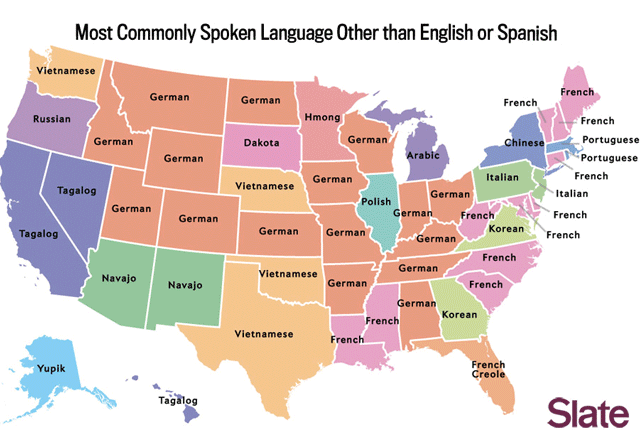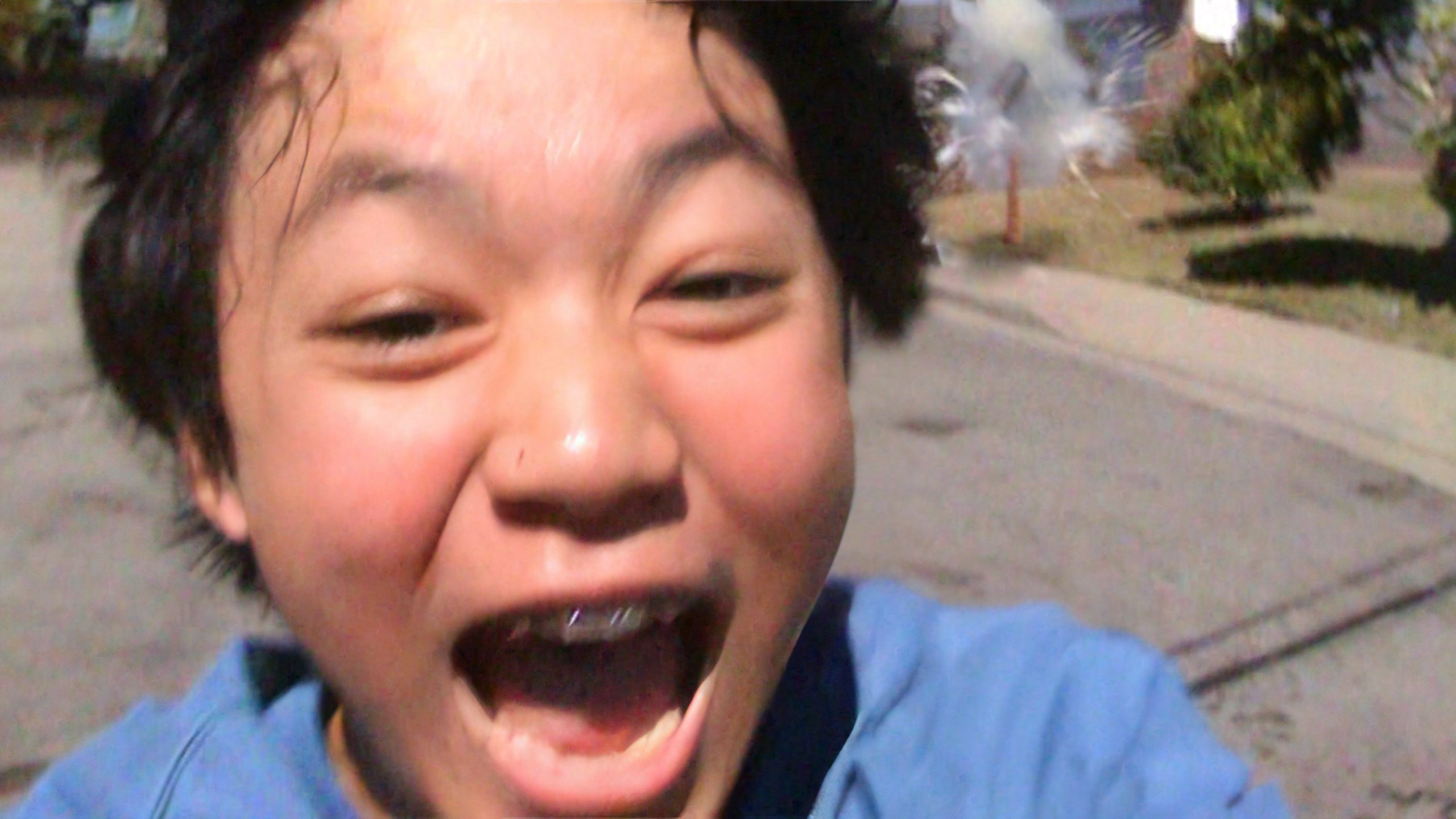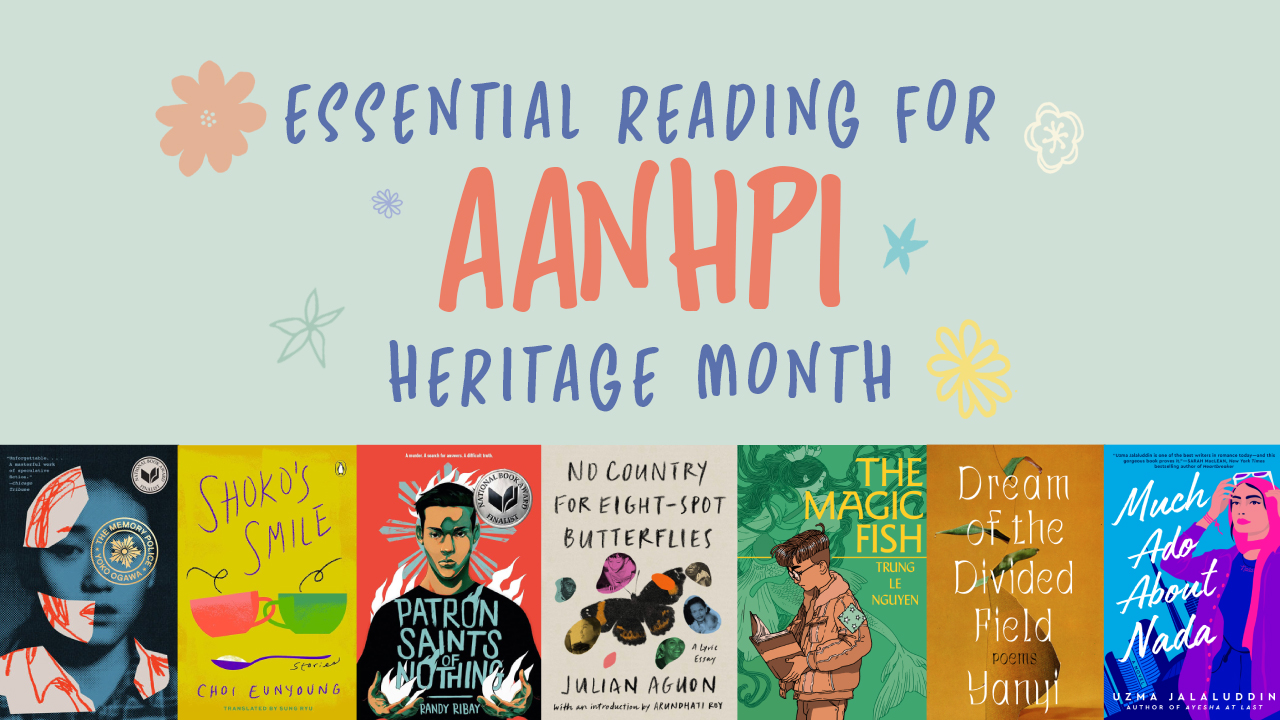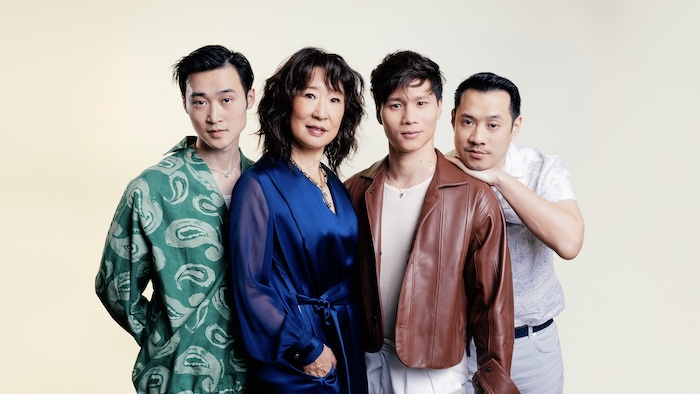Great Expectations
Violinist Rachel Lee Priday debuted before an orchestra at age 9. Now 26, she is a professional soloist. She spoke with KoreAm about growing up a prodigy.
by EUGENE YI
The wall clock in the rehearsal studio read 6:52. The second hand froze at, very nearly, 29 seconds. Or, rather, had frozen, on some forgotten day long past. The broken clock, imposing enough for a train station, sent its message to the unfortunate performers stuck in the dingy studio on a chilly Saturday in early March. Time means nothing here. You are staying here until you get this right.
Three musicians prepped Tchaikovsky’s Piano Trio in A Minor, while actors portraying the composer and his patroness, the wealthy widow Madame Nadezhda von Meck, read excerpts from the 1,200 letters they had exchanged over 13 years. Despite the intensity of their relationship, they would never meet, and the production, staged by the Ensemble for the Romantic Century, would tell the story through music, drama and dance.
A piano trio demands strong soloists, rather than players who can meld their sound into a greater whole, so it’s no surprise that the production had cast a few former prodigies, including 26-year-old Rachel Lee Priday. Priday possesses enviable posture and a pronounced economy of motion; one could imagine her being a very still child. But when it came time to play, and she lifted her bow, the horsehair scratched forcefully against the strings and the room disappeared, lost in the muscular vigor of her sound, her glittery violin mute catching the light as she swayed.
I looked back up at the clock. Still 6:52 and almost 29, and I thought, well, this is the story, isn’t it? Practice, practice, practice. Four hours a day, plus homework. School trips skipped, childhood joys denied, marshmallows ignored. She’d asked for a violin at age 3, impressed her teachers at 4, and debuted with an orchestra at 9. The Los Angeles Times and the New Yorker profiled her before she was even out of middle school. She was just Rachel Lee back then (Priday is her married name), and the New Yorker’ s subhead summed up the tone of the coverage, “Would you give up your childhood to become a concert violinist?” The barely suppressed sentiment being: Will it be worth it?
***
I met Priday for coffee at Alice’s Tea Cup, an Upper West Side cafe. The walls bore photos of recreated scenes from Alice in Wonderland, adults channeling Walt more than Lewis. Customers, mostly the brand-name stroller crowd, sat at repurposed sewing tables, resting their feet on functionless pedals.
She had recently re-read the New Yorker profile. “I think I was struck by how singularly focused I was. And I know that girl is still inside me,” she said, laughing. “Except now, there’ s some other stuff floating around that I’ve accumulated.”
Many prodigies stay within the confines of the conservatory world. Priday did get her master’s from the New England Conservatory in 2011, but she also studied English at Harvard, which led to a stint in journalism. She worked part-time for the Paris Review and Charlie Rose, then as a fact checker at the New Yorker. At first, no one knew she had been profiled by the magazine as a girl, but she was eventually outed as “the violinist.”
“And it is who I am,” Priday said, matter-of-factly. Working at the New Yorker had required more of her time than her prior jobs, or Harvard, for that matter. After a year, she decided to return full-time to music. To her, journalism had been a second career, she said. By then, she’ d been playing professionally as a soloist for more than a decade.
A Korean American New Yorker by way of Chicago, her mother started music lessons early for Priday and her two brothers, like any proper tiger parent. But beyond being talented, Priday’ s seems to have been precociously self- possessed as well.
“I would say that my mom had an extremely high standard for me,” she said. “That would have been tougher if I hadn’t had those expectations for myself. For the most part, I think my ideals were always so high, even when I was 4. I have a very early memory of it.
“I remember when I was 8 years old, and I was playing a Beethoven violin concerto,” she said. “I just played the first line over and over until I felt like the phrasing was completely right, and I felt like I was in the right mood. For me, starting with the right mood and getting completely immersed in the music is always the way that I really find the voice and find the music.”
As Priday grew up, the threat of unmet potential loomed over her adolescence, as it does for any prodigy. Many falter. Dorothy DeLay, famed spirit guide for generations of violin prodigies, from Itzhak Perlman to Sarah Chang (and Priday), said in the New Yorker profile, that through age 11, the most important thing is to “keep mommy happy.” But afterwards, “… they realize, someday I’m gonna be a grownup, and I have to do everything myself.”
Early on, Priday knew the importance of moving beyond parental affirmation, and of owning her artistry. “You become an adult, and you realize you’re responsible for everything you do,” she said, elaborating on the fraught transition away from mommy pleasing. “And the world is made up of adults like you.
“I think there’s a line in the [New Yorker] article where I say, ‘I don’t consider myself a violinist, I’ m training to be one,’” said Priday. Keep in mind this is after she’d already debuted.
“And I still feel that way. It’s a constant process of continually learning, continually thinking about, ‘How do I understand the piece? And how do I say what I’m doing on the violin, and how do I set myself mentally when I’m playing? What do I focus on?’ It’s something constantly shifting. And you’re evolving, but I don’t think your goal is really changing.”
The goal being the performance of a piece, with feeling, after the drudgery of practice has threatened to snuff it out. Which is a pretty neat trick.
“I think all you need is open ears and an open emotional response,” she said, and then laughed, as if admitting, “OK, easy for me to say.” She is, after all, a former child prodigy. But it’s not unlike listening to an explanation from anyone of prodigious ability. It’s usually very simple, and rarely satisfying.
This underscores the fallacy in the New Yorker subhead, at least when it comes to people like Priday. Could any other childhood have been right for her? We, the decidedly unprodigious, can’t help but think there’s some paid price. Our sense of egalitarianism demands it. But she does not seem to have painted for herself a childhood out of the shadows of her missed experiences. She makes it all seem to have occurred quite naturally. And maybe that’s the neatest trick of all; that there is no trick.
Priday will be playing violin and bandoneón duos at Joe’s Pub in New York City on June 1.
This article was published in the May 2014 issue of KoreAm. Subscribe today! To purchase a single issue copy of the May issue, click the “Buy Now” button below. (U.S. customers only. Expect delivery in 5-7 business days).







